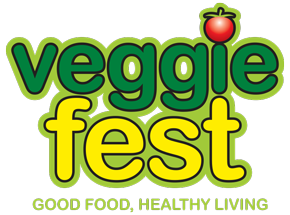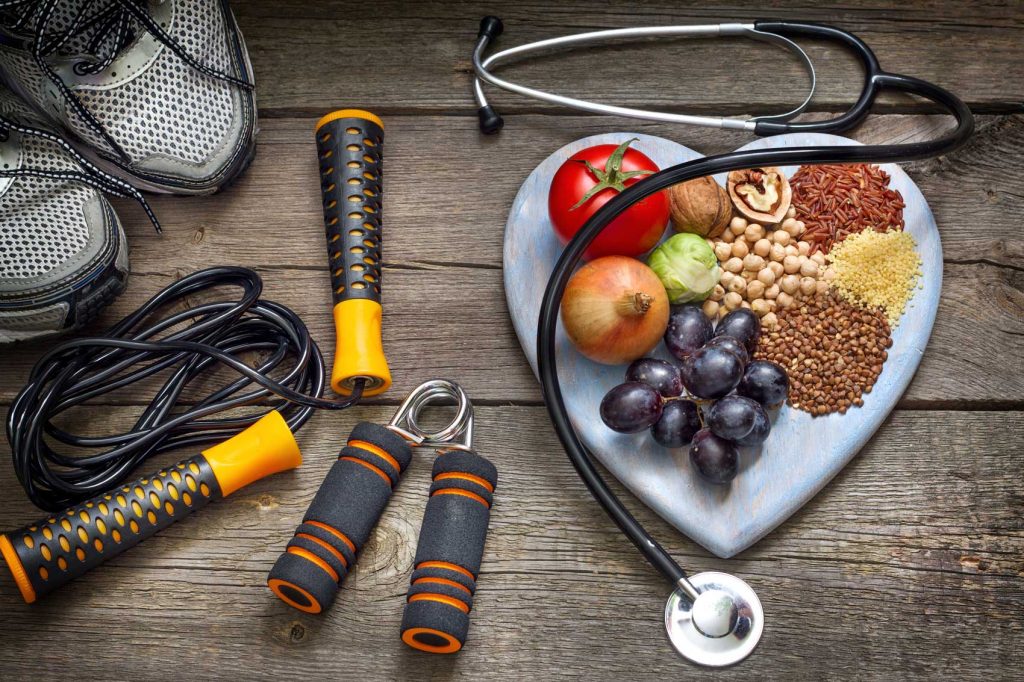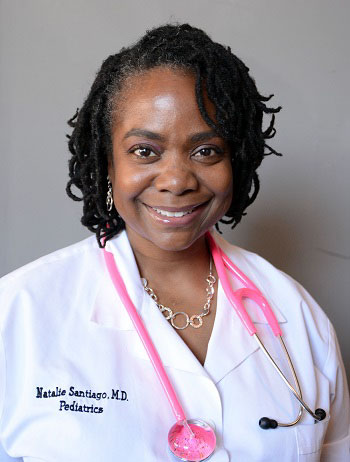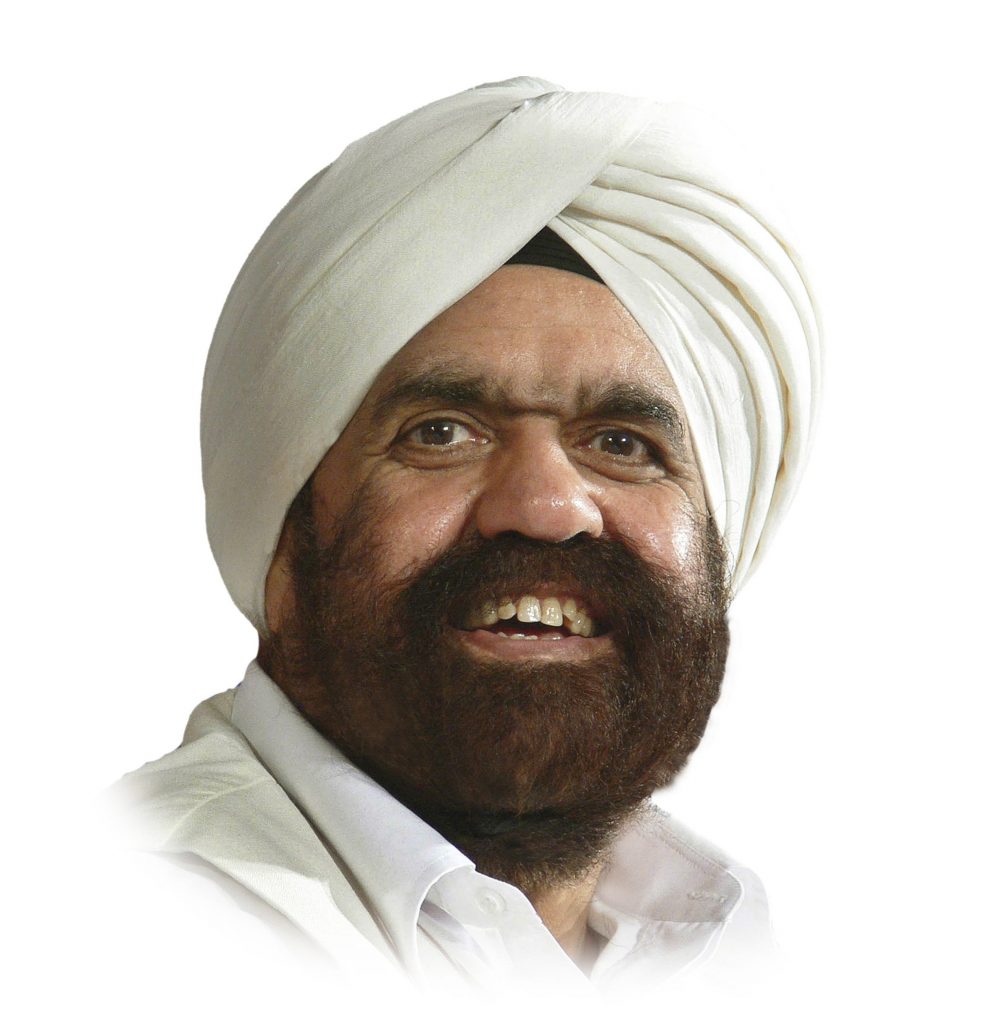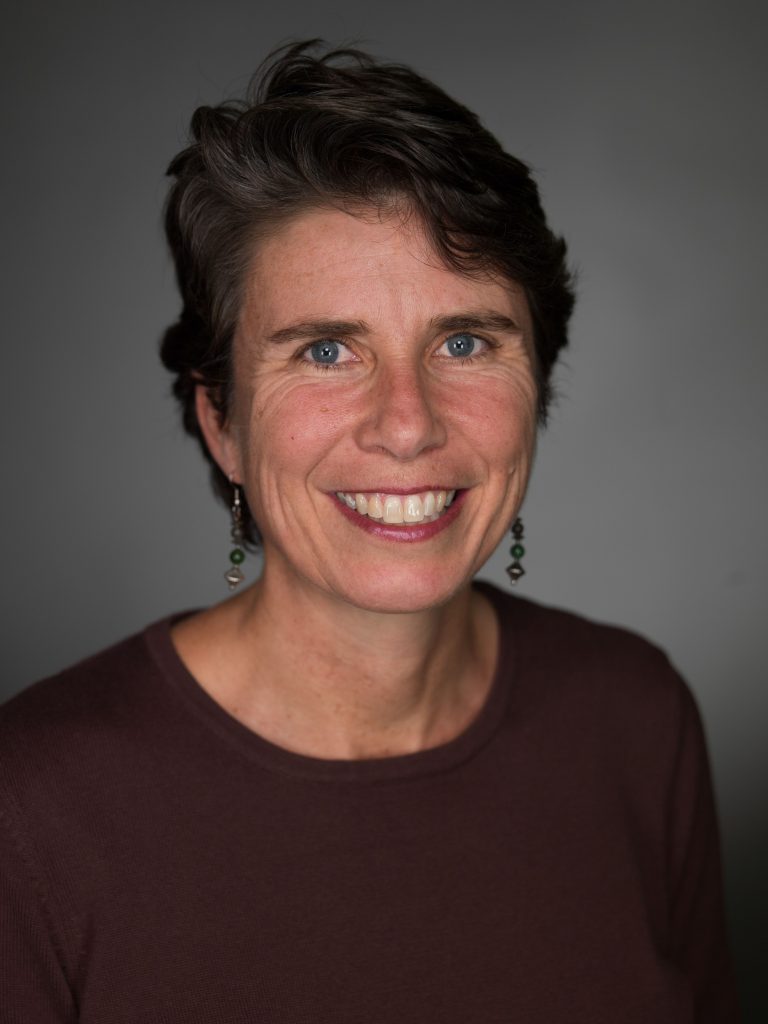As the entire world faces the heartbreak caused by the COVID-19 pandemic, let’s not lose sight of the good that has emerged despite this major public health crisis.
While clinical staff around the globe remains on the frontlines treating patients, community-based efforts are helping to reach beyond the walls of the hospitals and provide support to one another during this critical time of need. Now, more than ever, public health is calling on us to come together, to be one, for a common good, while ensuring that we remain safe and healthy.
As a Community Health Specialist for a university medical system in Maryland, I have witnessed firsthand the outpouring of community support from both local organizations and community members. For example, since school closures and stay-at-home orders have been issued, food insecurity has been heightened across the country. Although these measures help keep our families safe, many children in our communities are dependent on the daily meals provided in schools. Lessening the impact of food insecurity—worsened by the pandemic—has become a top priority for many local organizations.
To meet this need, public-school systems have been distributing meals for breakfast, lunch, and dinner on the weekdays. However, the need for food does not stop on the weekdays. To address this in my community, local food banks and other food and nutrition programs have been working tirelessly to increase their capacity and provide meals for children and their families over the weekends.
The same organizations are also distributing meals to senior residents and extending their food pantry hours to help fill the gap. This ensures that our community members who are living in low-income households (or those experiencing significant financial hardship because of COVID-19 closures) have access to food. Taking care of just a few meals help people reserve some of their resources for other critical needs, such as paying rent, utility bills, and affording critical medicines.
Community members of all ages and walks of life have also been stepping up to donate blood as the American Red Cross experiences a wave of cancellations of blood drives and significant reductions in blood donations. Addressing blood shortages help patients who need surgeries or who are victims of car accidents and other emergencies. To help meet this critical public health need, communities have coordinated—in a matter of days—last-minute blood drives that have filled up with registrants, many of whom are first-time donors.
In addition, faith-based organizations and hotels have offered their space to increase the hospitals’ capacities to treat patients in the case of a surge; local food businesses are delivering individually packaged meals for healthcare workers; EMS and Police Departments are showing their gratitude to healthcare workers through parades around hospitals; community members are volunteering their time and effort to craft homemade face masks, face shields, and other personal protective equipment to protect our clinical workers, and so much more!
While we are usually called on to stay together, we are now being called on to stay apart. Thus, in the public health arena, there is a push for a change in the language we are using. Rather than social distancing, we should be physical distancing but maintaining social cohesion. We must remember to stay connected to the emotional fabric of our lives, to ground ourselves in our connections, both with each other and within ourselves. So, here are some ways we can come together and make a meaningful impact during this time of crisis:
- Stay home, but maintain social connections and check-in on loved ones through phone calls or video chats;
- Donate to your local food bank or food pantry;
- Donate blood at a local blood drive;
- Help make homemade masks, face shields, or other personal protective equipment to be donated to your local healthcare facilities;
- Volunteer for your local Meals on Wheels or other programs that deliver meals to homebound community members;
- Write cards or letters to send to your local clinical workers;
- Support your local businesses by purchasing take-out, delivery, or gift cards to use at a later time;
- Meditate daily and participate in other mindfulness practices with friends and family.
Although the entire world is facing challenging and uncertain times ahead, remember that we are all in this together!
Meditation can increase your physical, emotional, and mental health. Visit our Jumpstart to Meditation page for seven days of inspirational tips, meditation instructions, and support.
